
Coronary Artery Scan: What It Shows and Why It Matters for Prevention
Coronary Artery Scan: What It Shows, Who Needs It, and

Getting a heart scan is a smart move to check the health of your heart. This scan can show how well your heart is working and if there are any problems that you need to pay attention to. Preparing for a heart scan properly can help you get the most accurate results and ensure the process goes smoothly.
Before you go for your heart scan, it’s essential to take a few preparatory steps. Knowing what to expect and how to get ready can reduce any anxiety you might feel. This guide will help make sure you are fully prepared, covering everything from what you should wear to what information you should share with your doctor.
Having a checklist can make this preparation much easier. It ensures you don’t miss any important steps. Following this guide will help you understand why a heart scan is necessary, what the process involves, and how to get the best results from your scan. Taking the time to prepare now can lead to better insights into your heart health.
A heart scan, also known as a coronary calcium scan, is crucial for checking the health of your heart. This scan helps detect the presence of calcium deposits or plaque in the coronary arteries. Plaque buildup can narrow or block the arteries, leading to serious heart issues like heart attacks.
One of the main reasons for getting a heart scan is to catch these problems early. Detecting plaque buildup early allows for timely treatment, which can prevent more serious problems in the future. This scan gives you a clear picture of your heart health and helps in planning the right course of action.
Heart scans are especially important for those at higher risk of heart disease due to factors like family history, high cholesterol, or high blood pressure. Knowing the state of your heart can help you make informed decisions about your health.
A heart scan is a special type of X-ray that takes detailed pictures of your heart. This scan uses a technology called computed tomography (CT) to create images. These images can show if there’s any plaque buildup in your coronary arteries.
During the scan, you’ll lie on a table that slides into a CT scanner. The scanner takes multiple pictures of your heart from different angles. These images are then combined to create a detailed view of your arteries.
The heart scan is a non-invasive and quick procedure. It usually takes about 10-15 minutes, and you can go home the same day. The scan is painless and does not require any injections or dyes.
There are several reasons why you might need a heart scan. Here are some common ones:
A heart scan can help you understand your risk and take steps to improve your heart health. If you have any of these risk factors, discussing a heart scan with your doctor can be a good idea.
Preparing for a heart scan is straightforward, but there are a few important steps to take. First, talk to your doctor about any medical conditions you have and any medications you’re taking. This is important because some medications may affect the scan results.
Next, you’ll need to follow certain dietary guidelines before the scan. For example, your doctor may ask you to avoid eating or drinking for a few hours before the scan. This helps ensure clear images.
On the day of the scan, wear comfortable clothing and avoid wearing any jewelry. You might also need to avoid caffeine and tobacco for a short period before the scan. These steps help ensure that the scan goes smoothly and provides the most accurate results.
Before your heart scan, you need to share your medical history with your doctor. Providing information about your health background is essential for accurate results. Here’s what you should share:
Providing this information helps the doctor tailor the scan to your specific needs and interpret the results correctly.
Before undergoing a heart scan, it’s crucial to discuss all the medications and supplements you are taking. Some substances can affect the scan:
Your doctor may advise you to stop taking certain medications or adjust dosages before the scan. Following these instructions helps ensure the most accurate results.
What you eat and drink before your heart scan can impact the results. Here are some dietary guidelines to follow:
Following these dietary guidelines helps make sure the scan is as effective as possible, providing the best look at your heart health.
Knowing what to wear and bring on the day of your heart scan can make the experience smoother. Here’s what you need to consider:
By following these steps, you ensure that the heart scan process goes smoothly and efficiently.
Before your heart scan, it’s important to avoid caffeine and tobacco. These substances can affect your heart rate and the accuracy of your results.
These precautions help ensure the scan provides the most accurate picture of your heart health.
Knowing what to expect during your heart scan can help you feel more comfortable and prepared. Here are the typical steps:
The procedure is non-invasive and generally painless, making it an easy and quick process for evaluating your heart health.
Once your heart scan is complete, understanding the results is crucial for taking the next steps in your healthcare journey. Here’s how to interpret what your scan reveals:
Knowing what your heart scan results mean helps you make informed decisions about your health moving forward.
After getting your heart scan results, following through with the next steps is essential to manage your heart health effectively. Here are typical steps you might take:
Staying proactive with your health after a heart scan is key to maintaining and improving your heart health.
Understanding and managing your heart health begins with a comprehensive heart scan. By avoiding caffeine and tobacco before the scan, you ensure the most accurate results. Knowing what to expect during the scan helps reduce anxiety, and understanding your results allows you to take informed next steps. Whether your heart scan shows normal findings, indicative issues, or abnormalities, following up with the appropriate actions is crucial.
Taking control of your heart health is an ongoing process. Regular monitoring, adopting a healthy lifestyle, and following your doctor’s advice are key components of maintaining a healthy heart. Early detection through heart scans can make a significant difference in managing and preventing potential heart issues.
Schedule your heart scan in Orlando, FL, with Life Imaging Fla today to take the first step toward better heart health. Early detection and proactive management can save lives. Prioritize your heart health now!

Coronary Artery Scan: What It Shows, Who Needs It, and
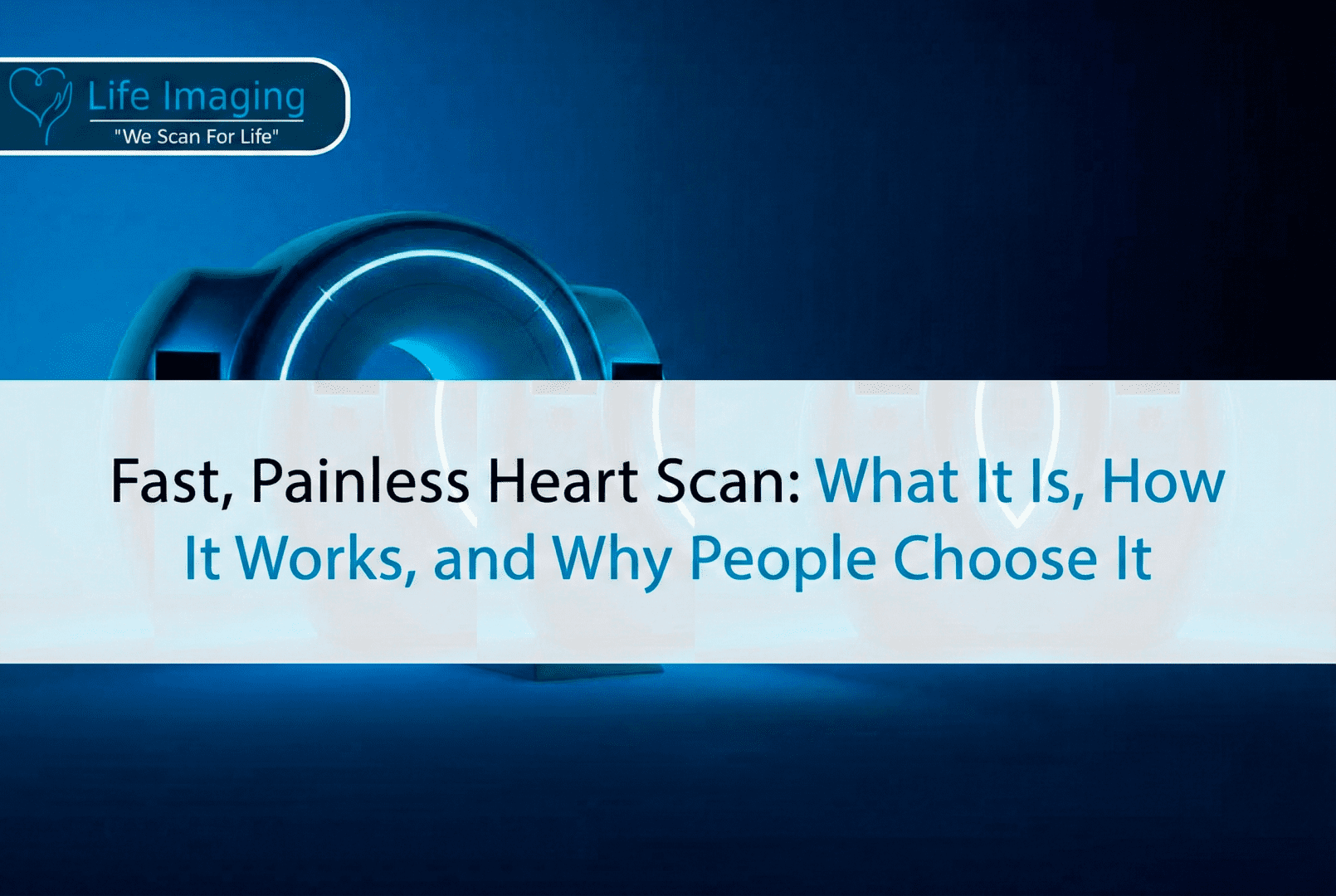
PREVENTIVE CARE Fast and Painless Cancer Scan: What It Really
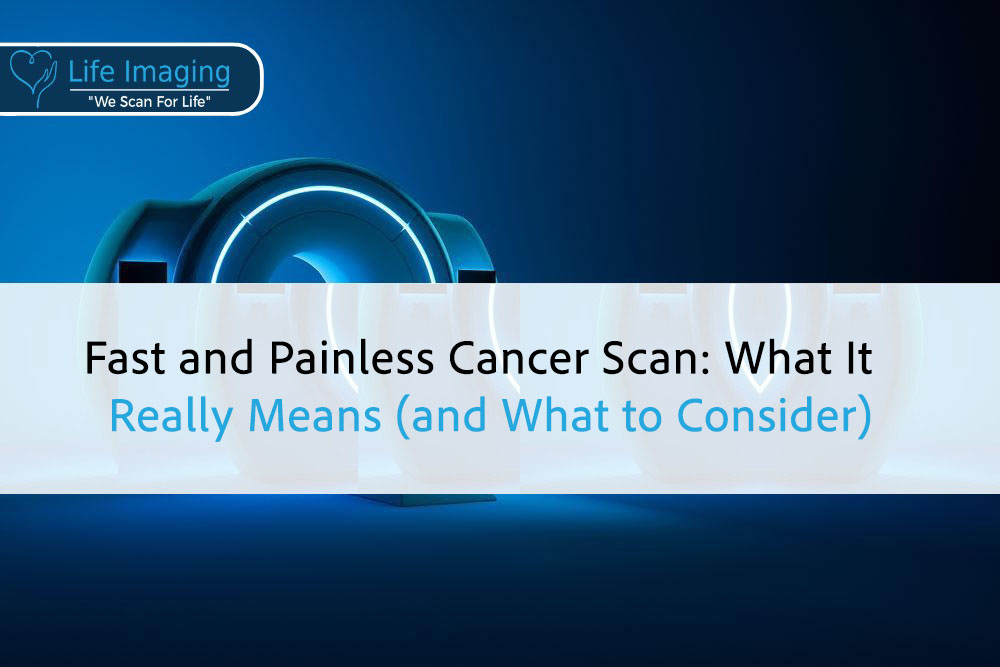
Fast and Painless Cancer Scan: What It Really Means (and
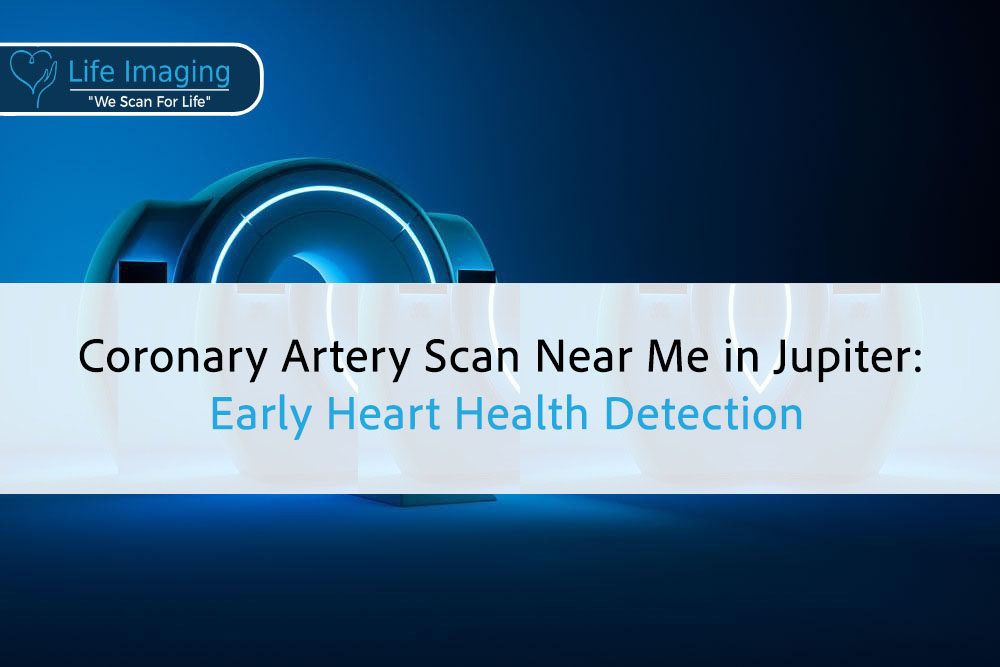
Introduction Your heart works hard every second of the day,
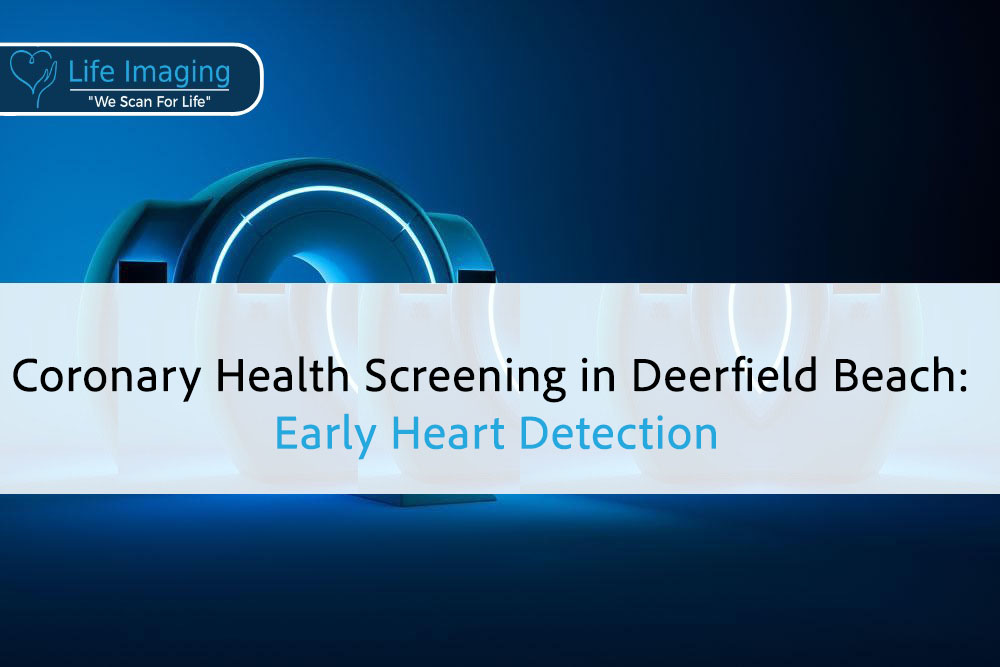
Introduction Your heart works around the clock, but changes inside
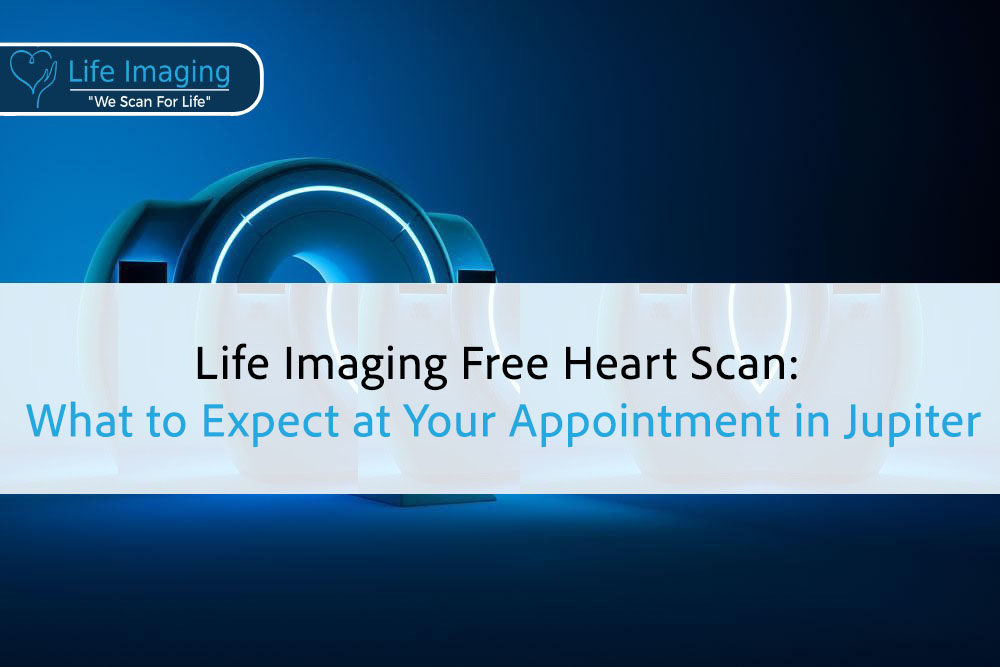
Introduction Your heart works nonstop, often without a single complaint.

* Get your free heart scan by confirming a few minimum requirements.
Our team will verify that you qualify before your scan is booked.
Copyright © 2025 Life Imaging – All Rights Reserved